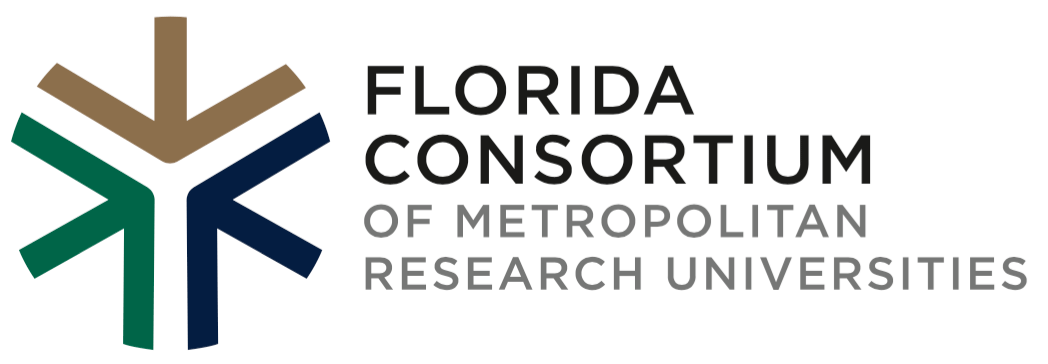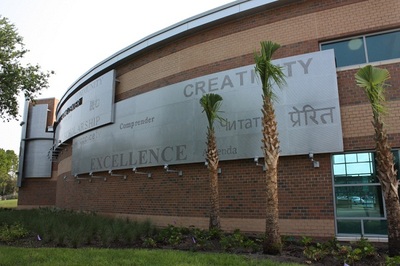Collaboration is one of the core skills we hope students acquire as they move through their higher education journey. Educators and employers find collaboration important for three reasons:
- Collaboration fosters creativity.
- Effective collaboration within a diverse group provides varying perspectives that can add depth to any project.
- Networks can influence outcomes.
While collaboration is something we constantly stress for students, it is a skill that tends to allude many colleges and universities. According to the Association for Collaborative Leadership, there are over 100 university collaboratives in the United States. However, these partnerships tend to be insular. Additionally, the most successful partnerships take place with businesses conducting research or employers recruiting talent. More often, than not, institutions fail to reach out to community stakeholders. However, the Florida Consortium hopes to change that. We’ve devoted time and resources to engage a wide range of partners. Here’s a summary of our efforts to date:
We published the Florida Chamber of Commerce findings on poverty and social mobility. Their work provides insights on the path to poverty and impediments to social mobility in our communities. Also noteworthy, we joined faculty and staff from FIU, UCF, and USF in Miami to discuss, Florida Metropolitan STEM Continuum: From College to Career, our joint project based on Carnegie’s Networked Improvement Communities model. “NICs” are designed to give educational communities a roadmap to student success. FIU’s Center for the Advancement of Teaching facilitated the gathering. Contributors shared insights and updates from their NIC. Dr. Laird Kramer shared ways campuses can employ this model while maintaining momentum.
Shortly thereafter, we attended SRI International’s annual education symposium. SRI’s gathering focussed on engagement and evidence based decision making in the education ecosystem. The major takeaway from this event was the need for a common language for student success. Troy Markowitz, an education researcher at the symposium, offered this observation; “the skills gap is actually an awareness gap, and it’s easier to fix.”
Next up, faculty members gathered in St. Petersburg for the second annual Sunshine Teaching and Learning Conference. Unlike other faculty conferences, this gathering focused on research, academic disciplines, and best practices in teaching and learning. University of Washington professor Scott Freeman, kicked of the conference. Freeman walked participants through common roadblocks to success. This conference in particular, helped faculty to establish statewide networks.
As we closed out the month of February, the Florida Consortium co-sponsored and co-hosted the National Student Success Conference with the University of South Florida. Over three hundred attendees joined us to discover best practices and to learn from experts like George Kuh, Sally Johnstone, Daniel Greenstein, Mark Milliron and so many others. From innovative interventions to preparing students for the workforce, this conference served as a wider conversation on higher education’s role in the lives of students and the communities they serve.
In closing, the Florida Consortium is committed to working to foster lasting outcomes for students and our communities at large.

